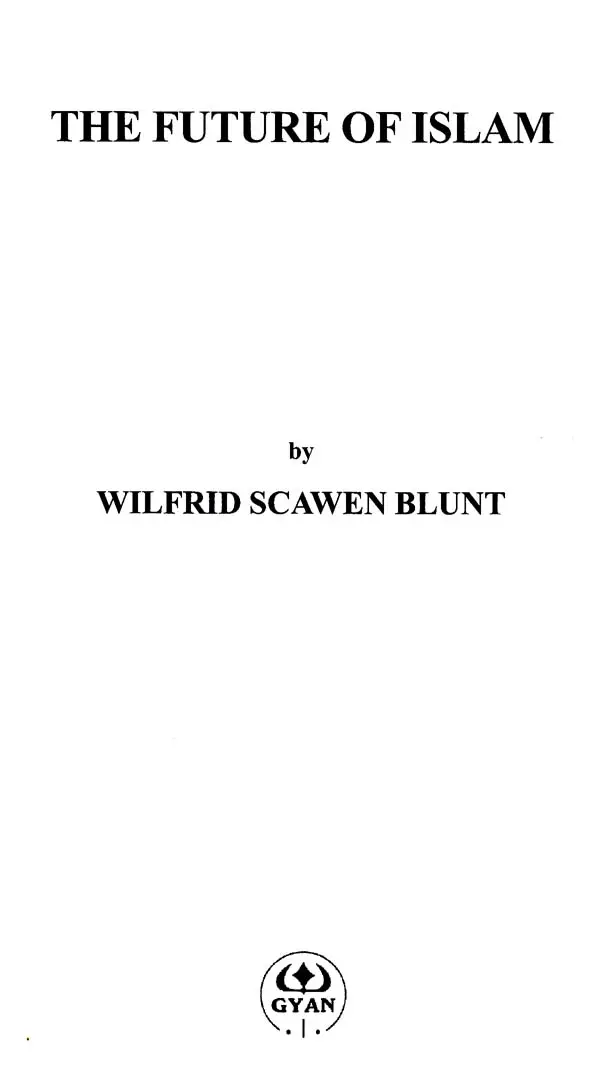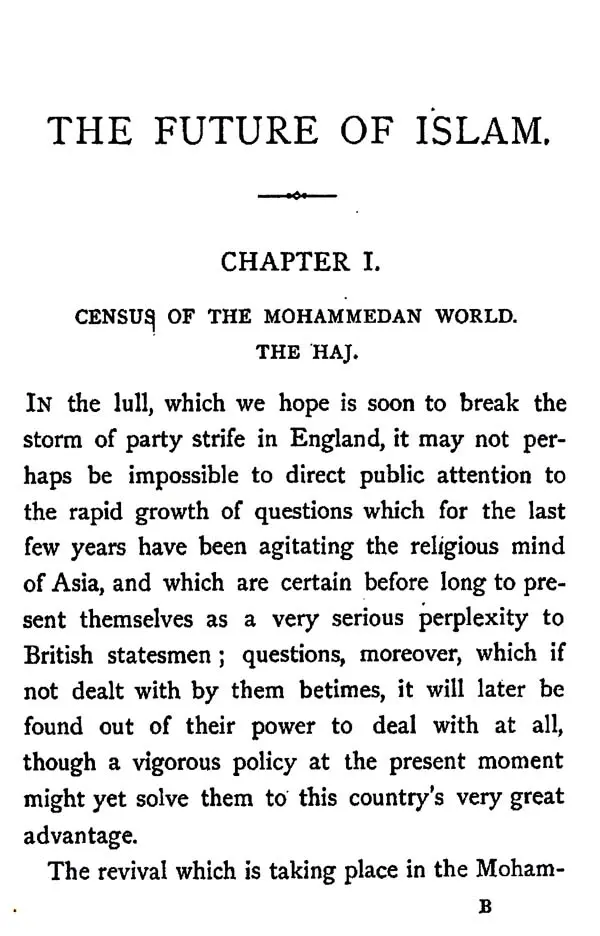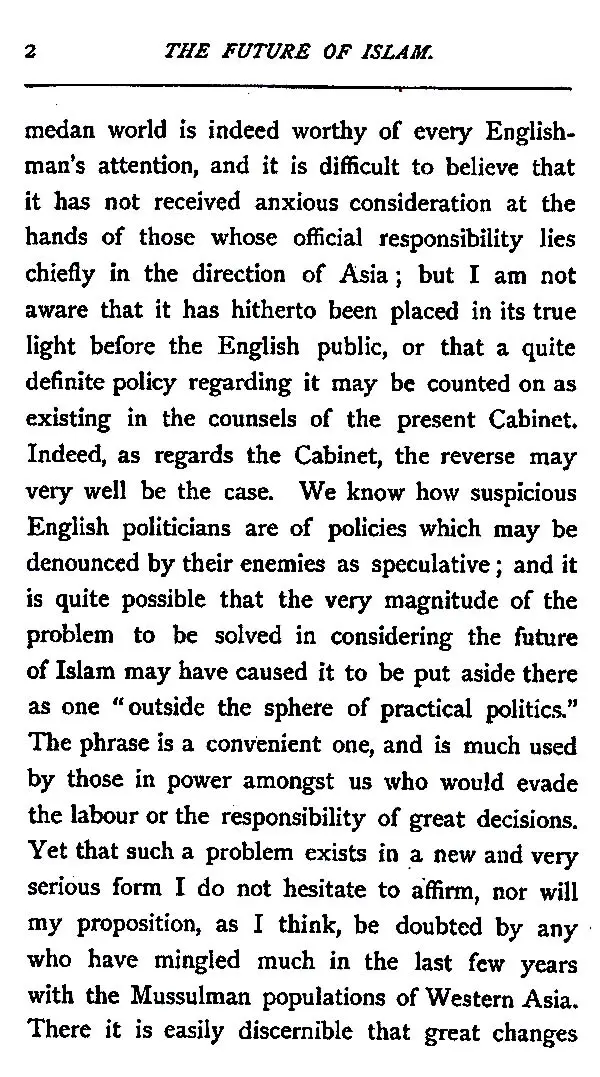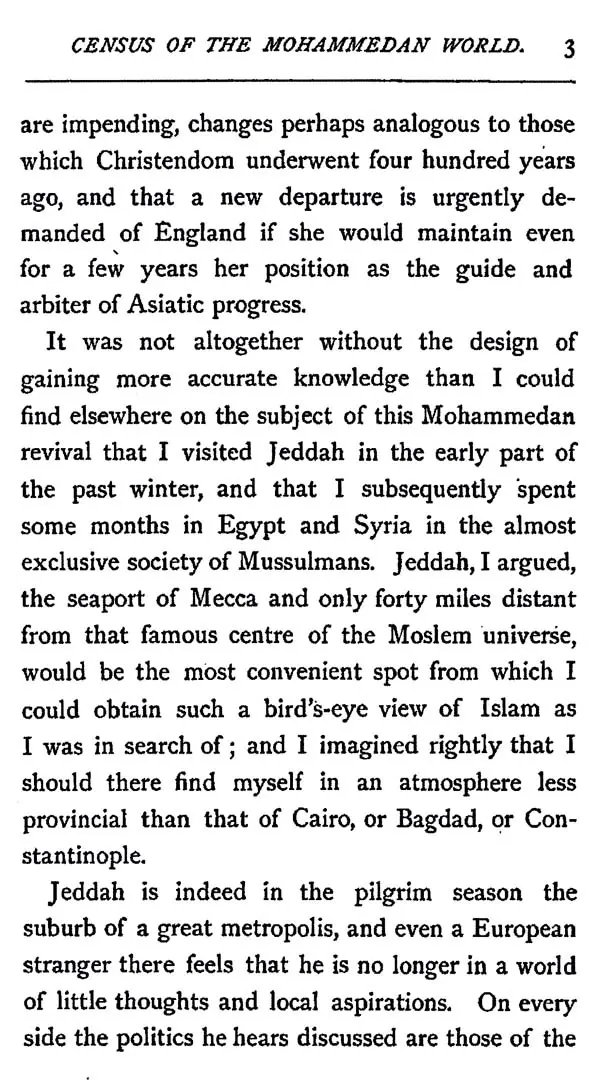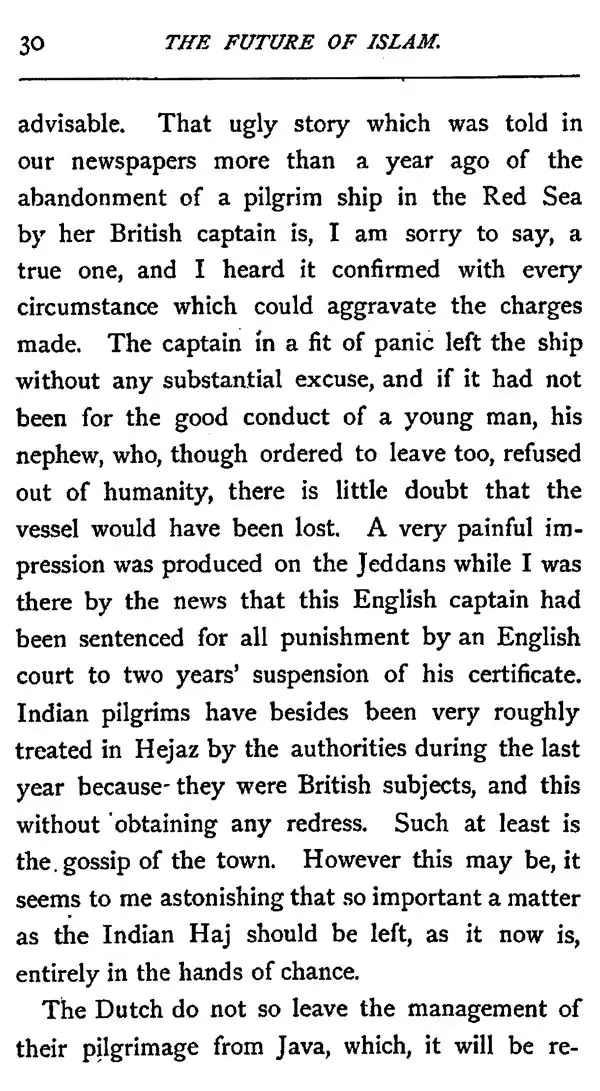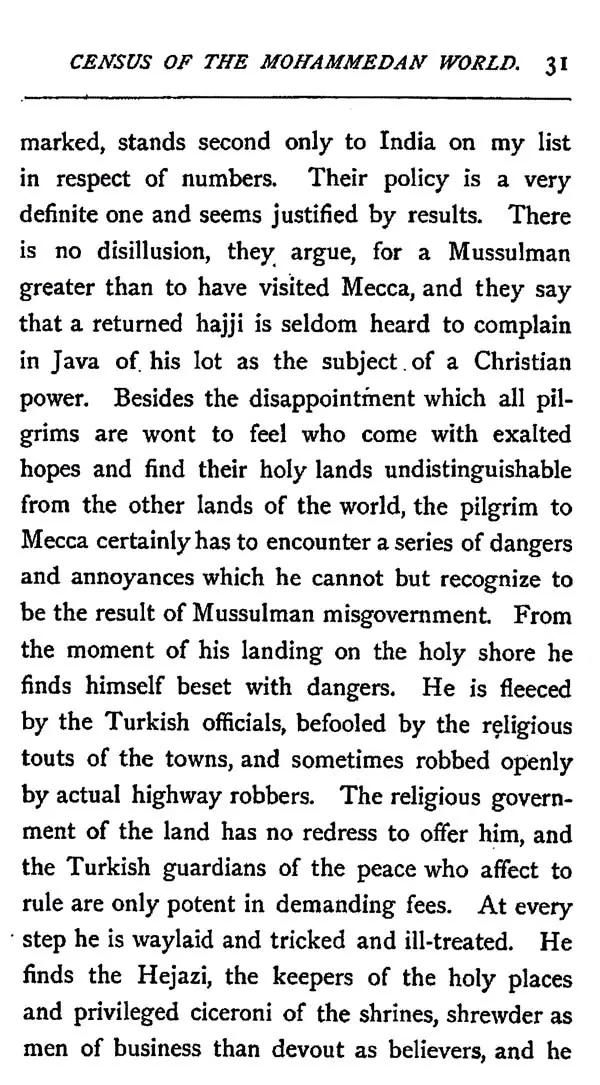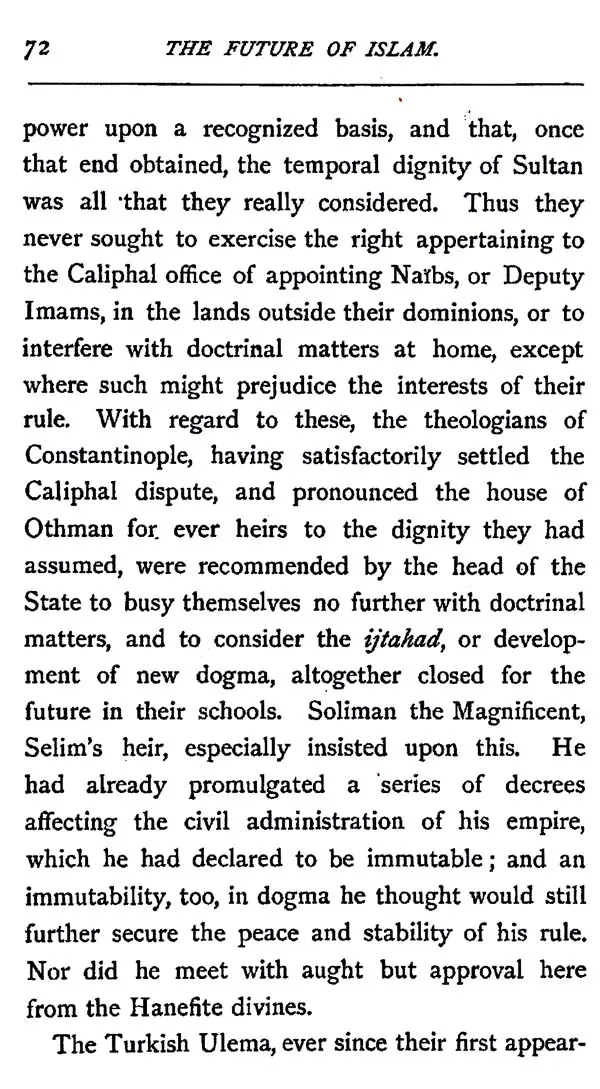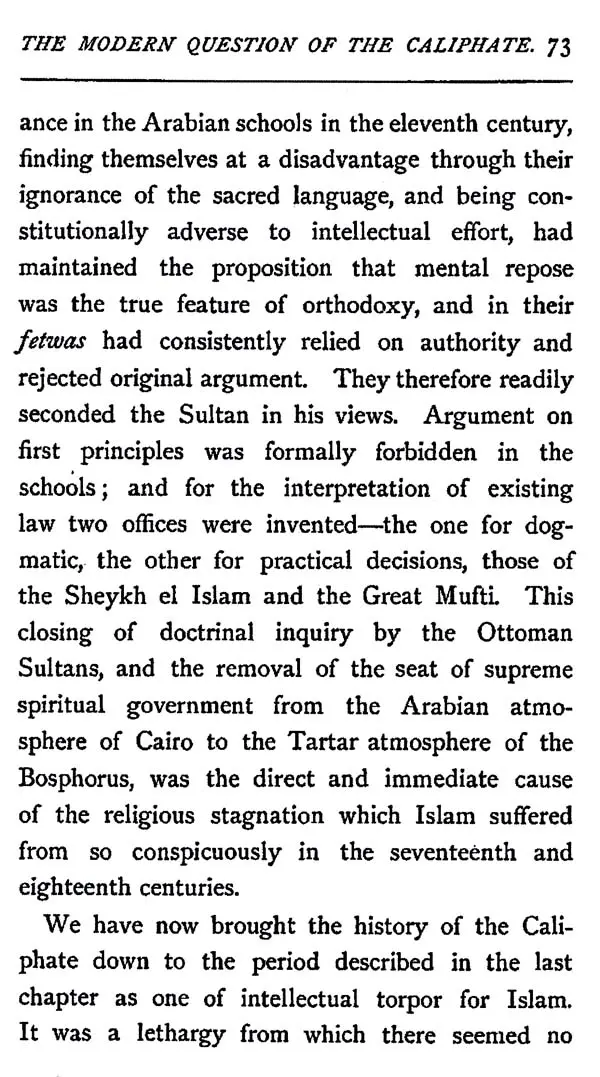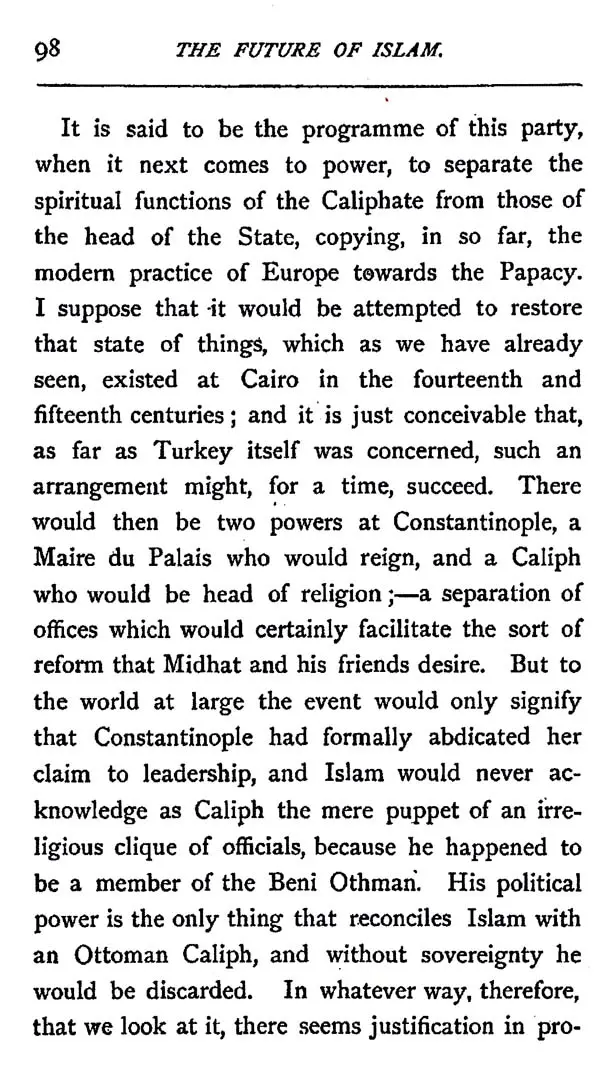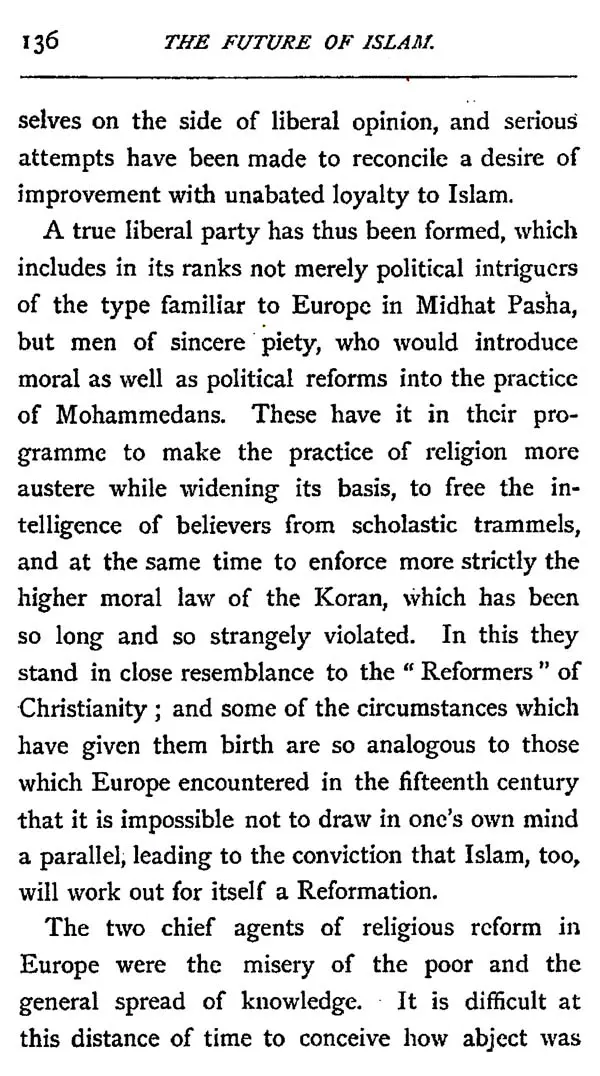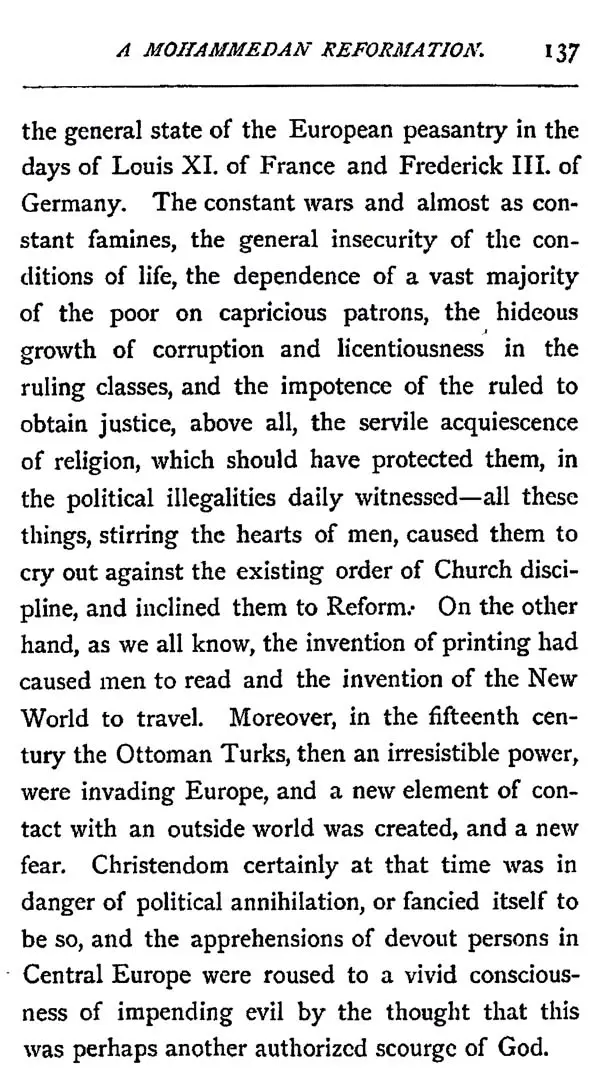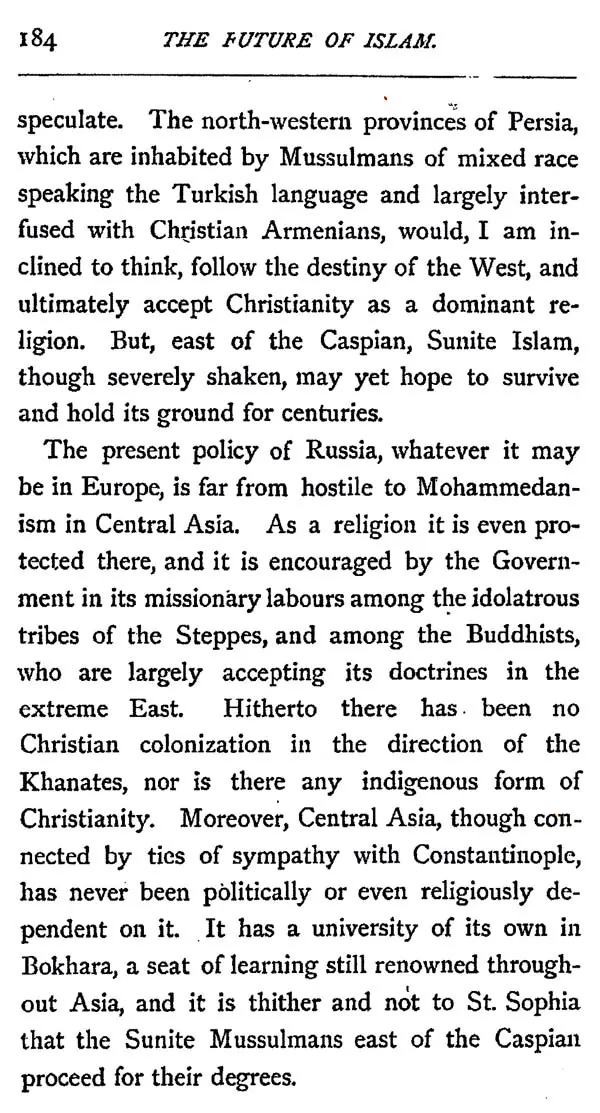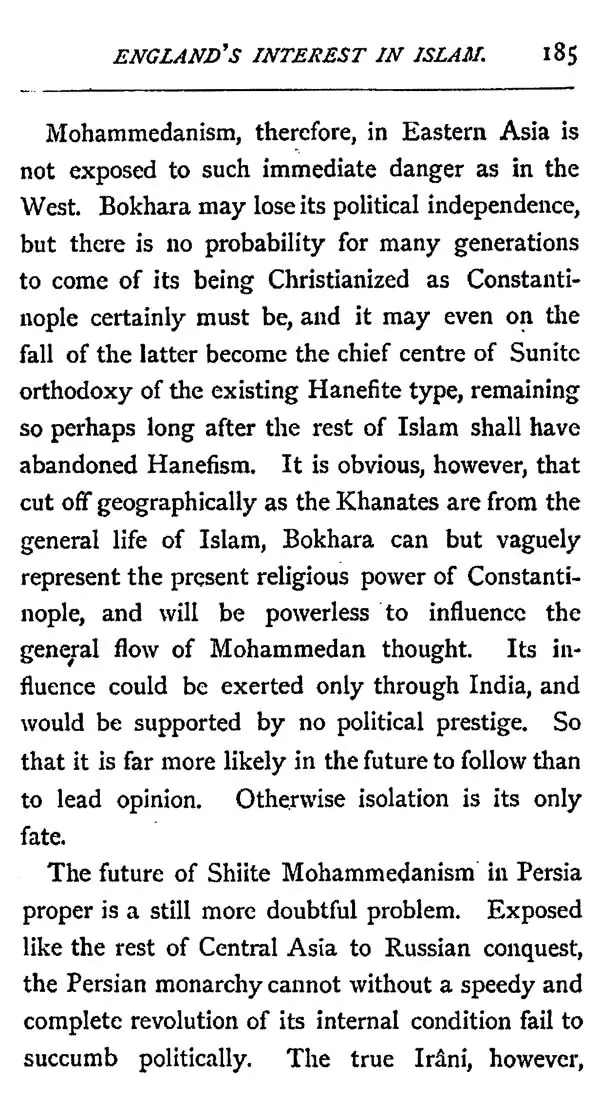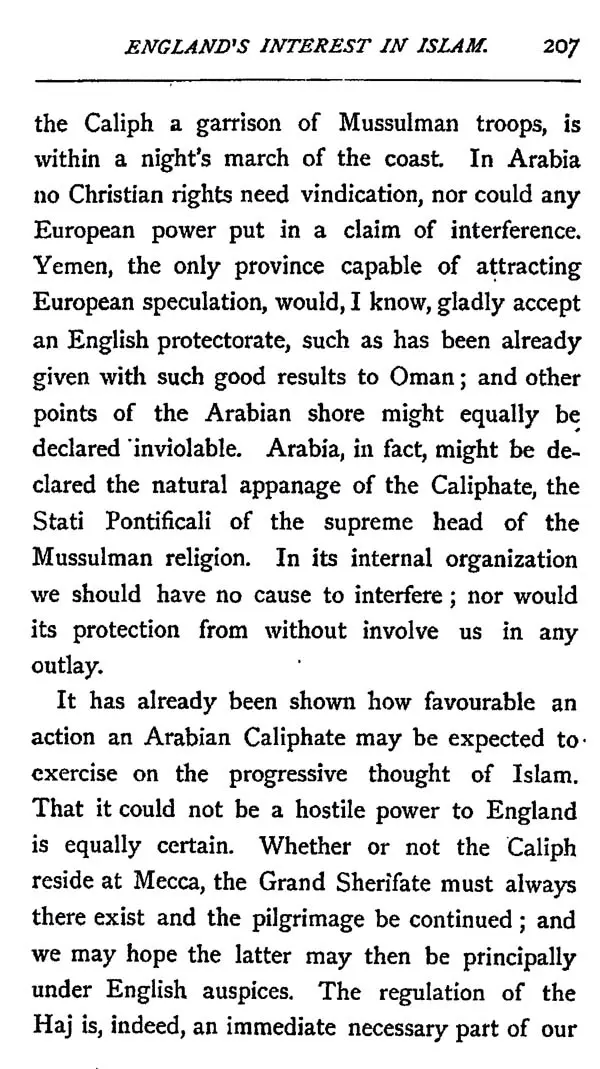About the Book The Future of Islam is a nonfiction book by English poet and author Wilfrid Scawen Blunt. It was originally published in 1882 (1) it explores many aspects of Islamic politics and the Ottoman Empire at that time.
About the Author Wilfrid Scawen Blunt (17 August 1840[1]-10 September 1922[2]), sometimes spelled Wilfred, was an English poet and writer. He and his wife, Lady Anne Blunt travelled in the Middle East and were instrumental in preserving the Arabian horse bloodlines through their farm, the Crabbet Arabian Stud. He was best known for his poetry, which appeared in a collected edition in 1914, but he also wrote political essays and polemics. He became additionally known for his strongly anti-imperialist views, which were still uncommon in his time. He was the son of Francis Scawen Blunt, of Crabbet, by his wife Mary Chandler [3] Blunt was born at Petworth House in Sussex, home of his aunt's husband Baron Leconfield, and served in the Diplomatic Service from 1858 to 1869. He was raised in the faith of his mother, a Catholic convert, and educated at Twyford School, Stonyhurst, and at St Mary's College, Oscott. He was a cousin of Lord Alfred Douglas.
Preface THESE essays, written for the Fortnightly Review in the summer and autumn of 1881, were intended as first sketches only of a maturer work which the author hoped, before giving finally to the public, to complete, at leisure, and develop in a form worthy of critical acceptance, and of the great subject he had chosen. Events, however, have marched faster than he at all anticipated, and it has become a matter of importance with him that the idea they were designed to illustrate should be given imme- diate and full publicity. The French, by their invasion of Tunis, have precipitated the Moham- medan movement in North Africa; Egypt has roused herself for a great effort of national and religious reform; and on all sides Islam is seen to be convulsed by political portents of ever-growing intensity. He believes that his countrymen will in a very few months have to make their final choice in India, whether they will lead or be led by the wave of religious energy which is sweeping eastwards, and he conceives it of consequence that at least they should know the main issues of the problem before them. To shut their eyes to the great facts of contemporary history, because that history has no immediate connection with their daily life, is a course unworthy of a great nation; and in England, where the opinion of the people guides the conduct of affairs, can hardly fail to bring disaster. It should be remembered that the modern British Empire, an agglomeration of races ruled by public opinion in a remote island, is an experiment new in the history of the world, and needs justification in exceptional enlightenment; and it must be remembered, too, that no empire ever yet was governed without a living policy. The author, therefore, has resolved to publish his work, crude as it is, without more delay, in the hope that it may be instrumental in guiding the national choice. He is, nevertheless, fully aware of its defects both in accuracy and completeness, and he can only hope that they may be pardoned him in view of the general truth of the picture he has drawn.
Since the last of these essays was written, their author has returned to Egypt, and has there had the satisfaction of finding the ideas, vaguely fore- shadowed by him as the dream of some few liberal Ulema of the Azhar, already a practical reality. Cairo has now declared itself as the home of pro- gressive thought in Islam, and its university as the once more independent seat of Arabian theology. Secured from Turkish interference by the national movement of the Arabs, the Ulema of the Azhar have joined heart and soul with the party of re- form. The importance of this event can hardly be overrated; and if, as now seems probable, a liberal Mohammedan Government by a free Moham- medan people should establish itself firmly on the Nile, it is beyond question that the basis of a social and political Reformation for all Islam has been laid.
The strongest and most procreant contact is that which takes place between two creative minds. This book of Rilke on Rodin is the fruit of such a contact. It ripened on the tree of a great friendship for the master. For a number of years Rilke lived close to Rodin at 77 rue de Varenne, in the old mansion sur- rounded by a beautiful park which was subsequently dedicated to France by the artist and is now the Musée de Rodin. Here the young poet shared the life of the aged sculptor and his most silent hours.
Rodin felt that Rilke approached his sculptures from the same imaginative sphere whence his own creative impulse sprang; he knew that in the pellucid and illuminating realm of the poetic his works found their spiritual home as their material manifestation partook of the atmosphere when placed under the open sky, given wholly to the sun and wind and rain.
**Contents and Sample Pages**
